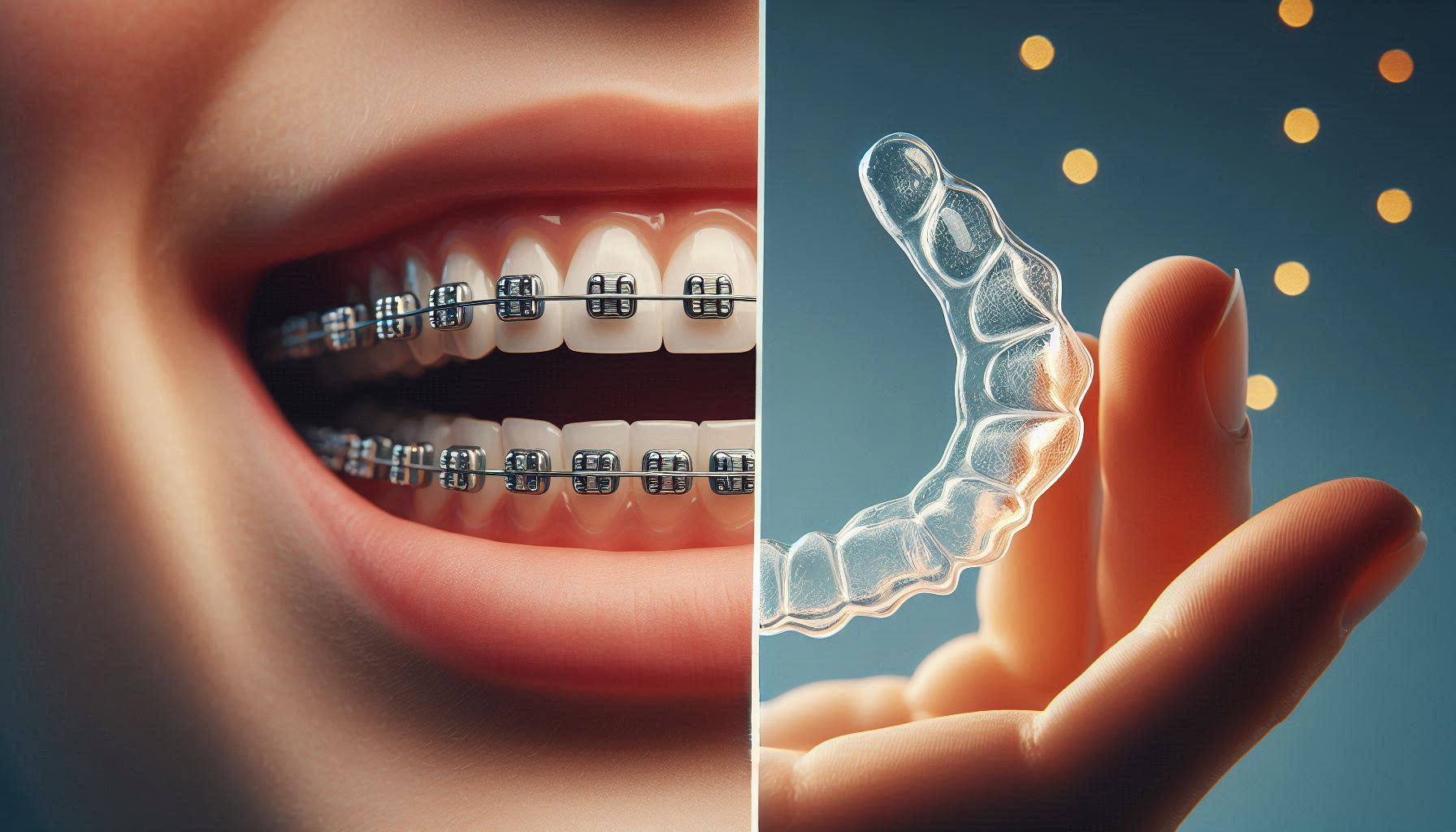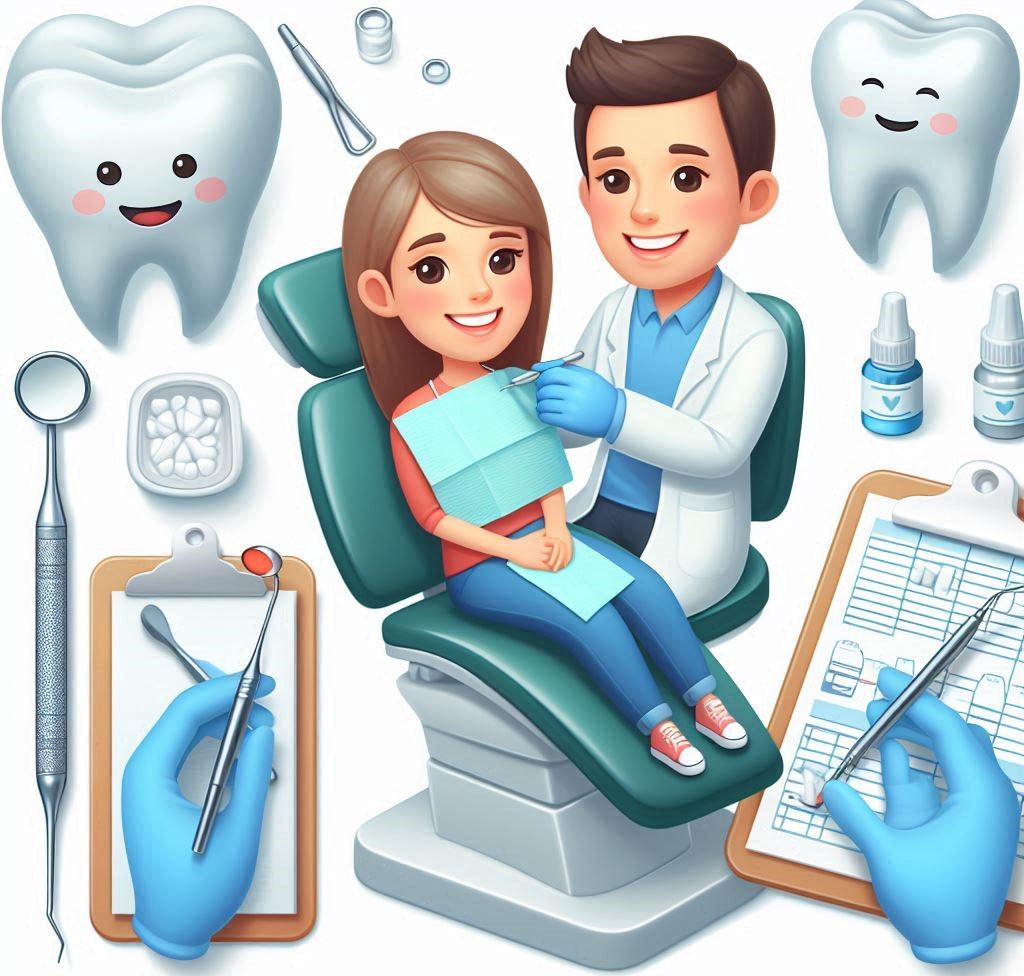What is Fasting?
Fasting is the voluntary act of abstaining from food or drink for a specific period of time. While this practice has been known and utilized for centuries, ranging from spiritual and religious rituals to medical therapies, it has recently gained attention for its potential health benefits. There are various types of fasting protocols, each with its unique approach to caloric restriction:
- Intermittent Fasting (IF): Involves cycling between periods of eating and fasting. Common patterns include the 16/8 method (16 hours of fasting, 8 hours of eating), the 5:2 diet (eating normally five days of the week and severely restricting calories on two non-consecutive days), and alternate-day fasting.
- Prolonged Fasting: This refers to fasting for extended periods, typically over 24 hours, often lasting up to several days.
- Fasting Mimicking Diet (FMD): A calorie-restricted diet designed to mimic the effects of fasting without complete abstention from food, typically consisting of 800-1,100 calories per day for 5-7 days.
Fasting is believed to trigger a wide range of physiological processes that may promote health, longevity, and disease prevention. These effects are largely due to the metabolic shift that occurs during fasting, which includes reduced insulin levels, increased fat metabolism, autophagy (the body’s natural process of cellular repair), and changes to the immune system.
Oral Mucosal Inflammation: An Overview
Oral mucosal inflammation is a common condition that affects the mucous membranes of the mouth. It can result from a wide range of causes, from infections and irritants to systemic diseases. The oral mucosa serves as a protective barrier against harmful microorganisms and external injuries, but when this barrier is compromised, inflammation can occur. Some common conditions that involve oral mucosal inflammation include:
- Gingivitis and Periodontal Disease: Inflammation of the gums, often caused by bacterial infections due to poor oral hygiene.
- Oral Candidiasis: A fungal infection caused by the overgrowth of Candida species, often seen in immunocompromised individuals.
- Aphthous Stomatitis (Canker Sores): Painful ulcers in the mouth that are often triggered by stress, immune responses, or injury.
- Lichen Planus: An autoimmune disease that causes white patches or sores on the mucous membranes.
The inflammation of the oral mucosa can lead to discomfort, pain, and compromised function, which may significantly impact a person’s quality of life.
The Mechanisms of Inflammation in the Oral Mucosa
Immune Response and Inflammatory Pathways
Inflammation is a vital part of the body’s immune response, acting as a defense mechanism against harmful stimuli, such as pathogens, injury, or irritants. However, when the inflammatory response becomes excessive or prolonged, it can result in tissue damage. Understanding how inflammation occurs in the oral mucosa is critical to appreciating how fasting might influence this process.
Key Inflammatory Pathways:
- Cytokines and Chemokines: These are small signaling proteins released by immune cells that regulate inflammation. In the context of oral mucosal inflammation, the major cytokines involved are tumor necrosis factor-alpha (TNF-α), interleukin-1β (IL-1β), and interleukin-6 (IL-6). These pro-inflammatory cytokines play a central role in initiating and amplifying the inflammatory process. Their overproduction leads to prolonged inflammation, which is characteristic of chronic oral diseases like gingivitis or lichen planus.
- NF-kB Pathway: The nuclear factor kappa B (NF-kB) pathway is a central regulator of immune responses and inflammation. Under normal conditions, NF-kB is kept in an inactive state in the cytoplasm. Upon activation (due to bacterial infection, stress, or other inflammatory triggers), it translocates to the nucleus, where it activates the transcription of genes responsible for the production of inflammatory cytokines and adhesion molecules.
- Toll-Like Receptors (TLRs): These receptors play a crucial role in recognizing microbial pathogens. In the oral cavity, bacteria or fungi can activate TLRs, triggering inflammation. Over time, chronic activation of these pathways can lead to tissue destruction and more severe conditions, such as periodontal disease or oral mucositis.
The delicate balance of these immune responses is critical, as both excessive and insufficient inflammation can have detrimental effects. Chronic oral inflammation is linked to a range of oral diseases, with periodontal disease being one of the most common and severe.
Factors Contributing to Oral Mucosal Inflammation
- Infections: The oral cavity is constantly exposed to microbial communities, including bacteria, viruses, and fungi. Conditions like oral candidiasis, gingivitis, and oral herpes simplex virus (HSV) infections are all linked to microbial imbalances that trigger inflammation in the oral mucosa.
- Systemic Diseases: Chronic systemic conditions such as diabetes, rheumatoid arthritis, and autoimmune diseases can affect oral mucosal health. For instance, lupus erythematosus and pemphigus vulgaris can cause oral lesions and ulcers as part of their systemic manifestations. These conditions are often characterized by dysregulated immune responses that lead to prolonged inflammation in the mucosal tissues.
- Environmental Factors: Smoking and poor oral hygiene are well-known contributors to oral mucosal inflammation. The toxins in cigarette smoke can directly damage the mucosal lining, while bacterial plaque accumulation exacerbates inflammatory responses in the gums. Additionally, stress and dietary factors such as high sugar intake can exacerbate the inflammatory response.
- Local Factors: Trauma to the mucosa, such as biting the cheek or irritation caused by ill-fitting dental prosthetics, can initiate localized inflammatory responses. This can also occur in conditions like oral lichen planus, which may be exacerbated by mechanical irritation.
Fasting and Inflammation: A Scientific Overview
Understanding the Physiological Effects of Fasting
Fasting, especially when done intermittently, induces a variety of physiological changes. These include shifts in metabolic processes, hormonal fluctuations, and alterations in immune function. While there is still much to be learned, several key mechanisms are already understood.
- Autophagy: Fasting triggers autophagy, a process by which the body breaks down and recycles damaged cells, including those in the immune system. Autophagy is crucial for maintaining cellular health and preventing the buildup of cellular debris, which can contribute to chronic inflammation. In this way, fasting might not only reduce inflammation but also promote healing in damaged tissues, including the oral mucosa.
- Reduction in Insulin and Inflammatory Markers: One of the key benefits of fasting is a reduction in insulin levels, which is important because high insulin levels are often associated with systemic inflammation. Studies have shown that fasting results in a reduction of markers like C-reactive protein (CRP), which is a general marker of systemic inflammation. Reducing these markers can help to mitigate the inflammatory response in various tissues, including the oral mucosa.
- Ketosis and the Role of Ketone Bodies: When fasting extends beyond 24 hours, the body enters a state of ketosis, where it starts to burn fat for energy instead of glucose. This process produces ketone bodies, which have been shown to have anti-inflammatory effects. Ketone bodies can suppress the activation of pro-inflammatory pathways, offering a potential way to reduce inflammation throughout the body, including in the oral cavity.
Fasting and the Immune System
The immune system is a complex network of cells, tissues, and organs that work together to defend the body against harmful invaders. Interestingly, fasting has been shown to affect the immune system in several ways:
- Immune Cell Regeneration: Studies have shown that prolonged fasting (typically 2-4 days) can lead to a reduction in the number of immune cells in the body, followed by a regeneration of a more efficient and functional immune system once eating resumes. This “resetting” effect could theoretically reduce chronic inflammation and improve the body’s ability to deal with infections or other insults.
- Reduction in White Blood Cell (WBC) Count: During fasting, WBC counts tend to decrease, reflecting a reduction in systemic inflammation. However, after refeeding, there is a rapid reconstitution of WBCs, suggesting that fasting might help to reset the immune system, removing damaged or dysfunctional immune cells.
- Cytokine Modulation: Fasting affects several pro-inflammatory cytokines, including TNF-α, IL-6, and IL-1β. Research has indicated that fasting can suppress the release of these cytokines, leading to reduced inflammation. This cytokine modulation could be beneficial in conditions like oral mucositis, where excessive cytokine production plays a significant role in tissue damage and inflammation.
Fasting and Oral Health: The Connection to Mucosal Inflammation
Oral Mucosal Barrier and Immune Response
The oral cavity is a unique area of the body that is constantly exposed to both pathogens and mechanical stress. As a result, the mucosal lining of the mouth is a crucial part of the body’s defense system. The oral mucosa serves as both a physical and immunological barrier, containing various immune cells like macrophages, dendritic cells, and T lymphocytes.
Fasting may enhance the function of this barrier by improving the regenerative capacity of the tissues. Additionally, autophagy induced by fasting could help in the repair of damaged cells in the oral mucosa, potentially reducing chronic inflammation.
Potential Impact of Fasting on Common Oral Inflammatory Conditions
- Gingivitis and Periodontal Disease: Gingivitis, characterized by inflammation of the gums, is commonly caused by the accumulation of dental plaque and bacteria. Fasting might indirectly reduce inflammation in the gums by lowering systemic levels of inflammation. Additionally, fasting might improve oral microbiome balance, reducing the number of pathogenic bacteria responsible for gum disease.
- Oral Ulcers (Aphthous Stomatitis): Aphthous ulcers are common painful lesions that can appear in the mouth. Fasting could potentially reduce the frequency and severity of these ulcers by reducing overall inflammation in the body. Moreover, the immune modulation associated with fasting might prevent excessive immune responses that lead to ulcer formation.
- Oral Candidiasis: Oral candidiasis, a fungal infection caused by Candida albicans, is a common complication in immunocompromised individuals. By enhancing immune function and reducing systemic inflammation, fasting could theoretically help in controlling fungal overgrowth in the oral cavity.
Practical Application of Fasting for Oral Health
Is Fasting Safe for Oral Health?
While fasting may offer numerous benefits for reducing oral mucosal inflammation, it is important to approach it with caution. Fasting may lead to dry mouth (xerostomia), especially if the individual is not consuming enough fluids during the fasting periods. This could exacerbate oral health issues, as saliva plays a vital role in protecting against tooth decay and gum disease.
Which Fasting Protocols Are Most Effective for Reducing Oral Inflammation?
- Intermittent Fasting: Shorter fasting periods may be more practical and sustainable for most people. The 16/8 method (16 hours of fasting, 8 hours of eating) can be easily incorporated into daily life without major disruptions to oral health.
- Prolonged Fasting: Fasting for 24 hours or longer could provide more profound anti-inflammatory effects, but it should only be done under medical supervision.
Conclusion
Fasting has the potential to reduce oral mucosal inflammation through various mechanisms, including immune modulation, autophagy, and a reduction in systemic inflammation. The role of fasting in reducing markers like TNF-α and IL-6, as well as the possible benefits of ketone bodies, suggest that fasting could be a powerful adjunct therapy for conditions like gingivitis, oral ulcers, and candidiasis.
While promising, more research is needed to definitively understand the effects of fasting on oral health. Large-scale clinical trials focusing on fasting and its impact on specific oral diseases, as well as its effects on oral microbiomes and mucosal immunity, are crucial.
Incorporating fasting into a holistic oral health regimen may provide benefits in reducing inflammation and promoting overall oral health. However, it is important for individuals to approach fasting cautiously and ensure that they are maintaining good hydration and oral hygiene practices during fasting periods.
SOURCES
Longo, V. D., & Panda, S. (2016). Fasting, circadian rhythms, and time-restricted feeding in healthy lifespan. Cell Metabolism, 23(6), 1048-1059.
Alipour, S., & Hassani, S. (2020). Effects of intermittent fasting on the human health: A review. Journal of Nutrition & Food Sciences, 10(2), 1-7.
Cummings, D. E., & Schwartz, M. W. (2003). Insights into the physiology of obesity. The Journal of Clinical Investigation, 111(3), 360-366.
Molfetta, L., & Di Caro, G. (2020). Oral inflammatory diseases and systemic health. Clinical and Experimental Oral Investigation, 24(9), 2925-2933.
Chen, J., & Sun, G. (2019). The immune regulatory role of autophagy in inflammation and immunity. Journal of Immunology Research, 2019, 8378390.
Haghikia, A., & Luchtman, D. W. (2016). Fasting and the immune system: From molecular mechanisms to health outcomes. Nutrients, 8(10), 619.
Patocka, J., & Kuca, K. (2017). Fasting and its effects on human health: A comprehensive review. Environmental Toxicology and Pharmacology, 54, 46-56.
Shokry, E. S., & Nasr, A. F. (2020). The role of fasting in oral health: A scientific overview. Oral Health and Preventive Dentistry, 18(4), 355-362.
HISTORY
Current Version
April 04, 2025
Written By:
SUMMIYAH MAHMOOD




